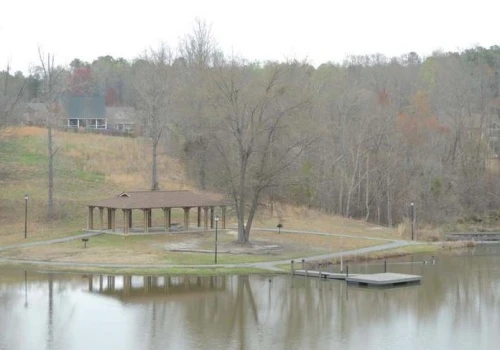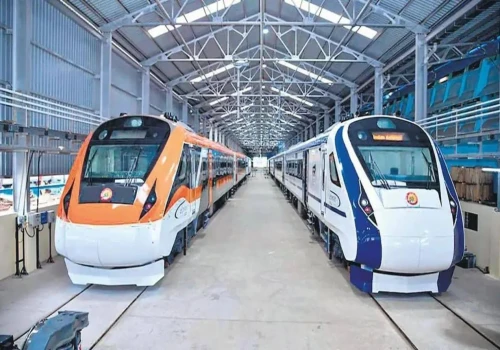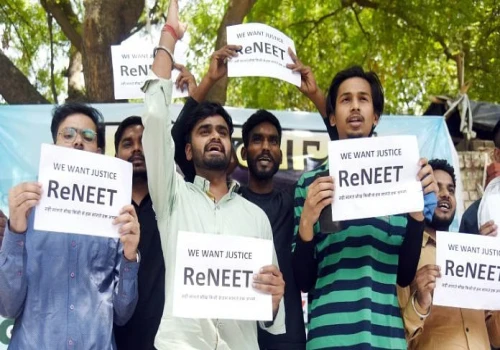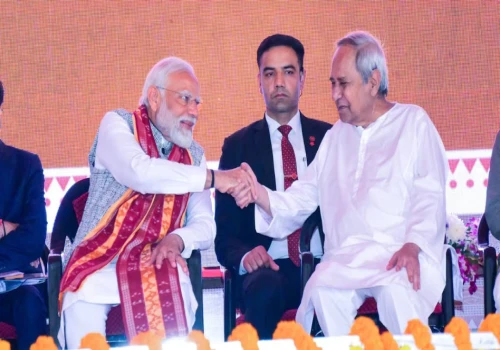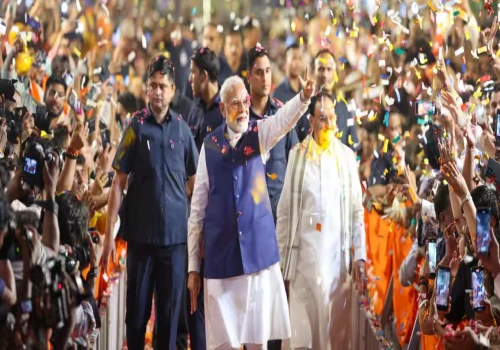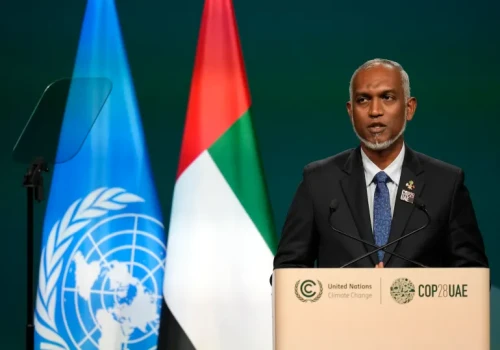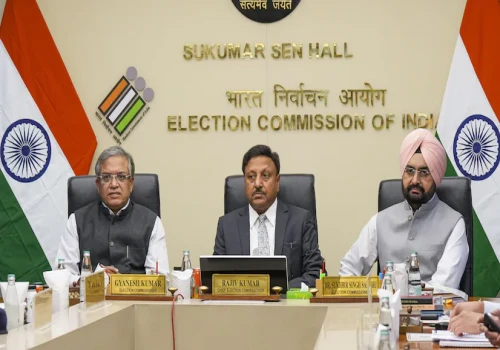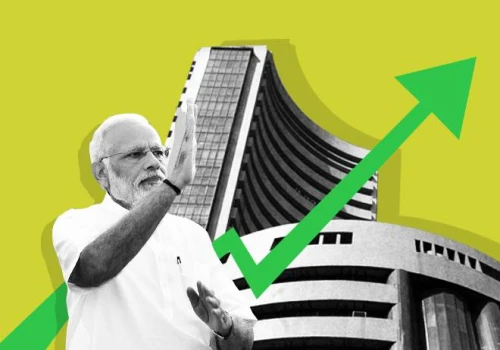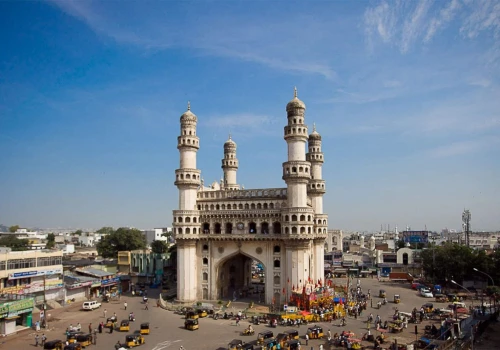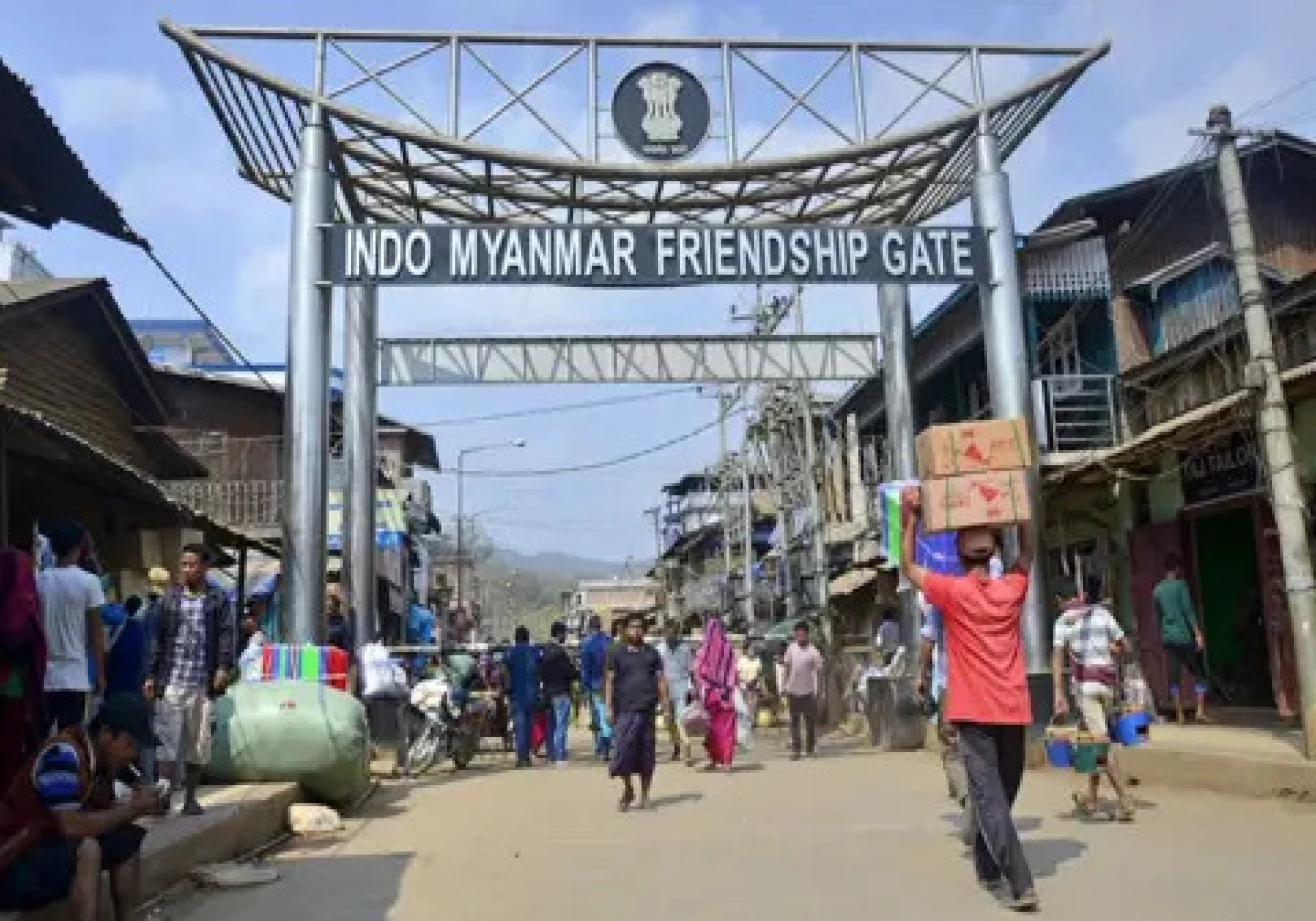
More than a week ago, Amit Shah, the federal home minister of India, declared that the government has decided to install barbed wire fencing along the India-Myanmar border. Additionally, he hinted at the possibility of reassessing or potentially discontinuing the existing free movement agreement between the two nations.
During the passing out parade of five commando battalions of Assam Police, Shah alleged the Narendra Modi Government has resolved to secure the India-Myanmar border similarly to the measures in place at the India-Bangladesh border. The Indian government is also in the process of evaluating the free movement agreement with Myanmar, which currently permits individuals residing on either side of the India-Myanmar border to travel up to 16 km into each other's territory without requiring a visa, owing to familial and ethnic ties across the border.
The announcement has not only encountered opposition from leaders such as Lalduhoma, but the initiative may also encounter challenges, particularly given the impracticality of fencing a mountainous terrain. Furthermore, this action has the potential to disrupt the long-standing equilibrium among the residents of the border area and could escalate tensions with neighboring regions.
Tensions between the two nations have been escalating since the military coup in February 2021, leading to the displacement of approximately 2 million individuals amid the conflict. Ethnically based insurgents asserted control over the town of Paletwa in Chin State, disrupting a crucial route from Myanmar to India. Last year, ethnic violence in Manipur, which has a nearly 400km border with Myanmar, resulted in the loss of 170 lives and forced tens of thousands of people to flee their homes.
The Modi government has addressed a significant presence of illegal migrants and asserted that influential illegal poppy cultivators and drug lords from Myanmar, who have settled in Manipur, are contributing to the escalation of violence.
Nagaland Chief Minister Neiphiu Rio has emphasized to the Union government that the decision to erect a fence along the India-Myanmar border should not be made unilaterally but rather should be developed through thorough discussions and consultations with relevant stakeholders. Rio highlighted the need for extensive deliberation and public engagement in the matter, emphasizing the complexities due to Nagaland sharing a border with Myanmar and the presence of Naga communities on both sides.
Rio's comments closely follow the recent announcement by Union Home Minister Amit Shah, stating that India intends to install a fence along its border with Myanmar and reconsider the existing free movement agreement.


